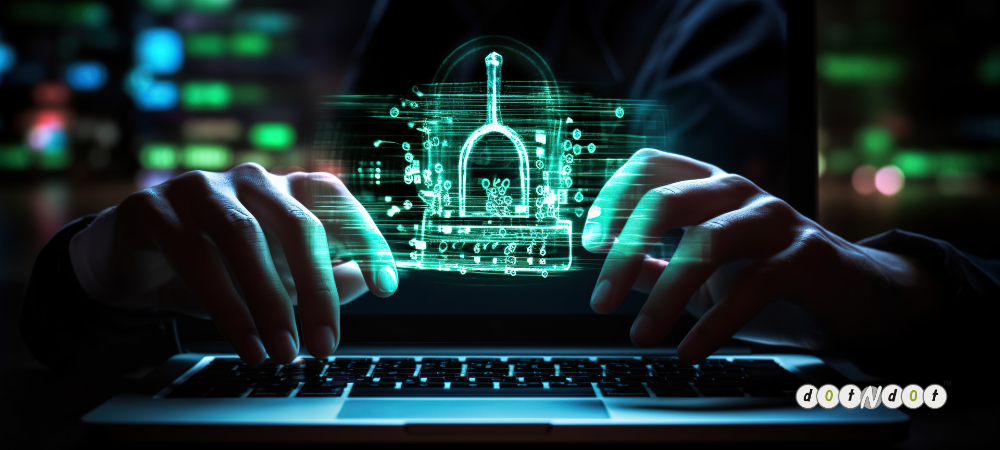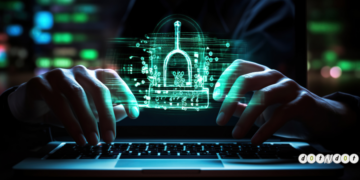
Communications Minister Solly Malatsi has proposed establishing an interministerial committee or a similar platform to address the protection and enforcement of intellectual property rights on the Internet.
In his Draft White Paper on Audio and Audiovisual Media Services and Online Safety, Malatsi emphasised the need for a collaborative effort among various government ministries. He stated, “Regulations against piracy and the circumvention of technological protection measures will undergo regular reviews,” which is part of a proposed policy currently open for public commentary.
“This is to ensure that the rules remain effective against the continually evolving technologies used by those engaging in the piracy of South African audio and audiovisual content.”
Malatsi’s proposal follows MultiChoice’s advocacy for holding virtual private networks (VPNs) and Internet service providers (ISPs) accountable for knowingly allowing access to illegal content. MultiChoice asserted, “The battle against piracy cannot be fought by broadcasters alone; it requires a collaborative effort. This includes governments, technology providers, platforms, rightsholders, and consumers working together.”
According to MultiChoice, governments must urgently reassess and update laws to confront modern piracy tactics, including considering criminal liability for enabling technologies. They stressed that “Internet intermediaries, from VPNs to ISPs, must be held responsible for knowingly facilitating access to pirated content.”
MultiChoice has expressed concerns about piracy in sports streaming, highlighting its detrimental effects on the entire ecosystem. They cautioned that while it may seem harmless for fans to seek free access to matches, the reality is darker. “The revenue lost due to illegal streaming has extensive consequences for clubs, athletes, production crews, small vendors, youth academies, stadium development, and grassroots coaching,” they explained.
The broadcaster continues, “Fans and viewers need to recognise the implications of their choices. Just as one would oppose a referee accepting a bribe, they should reject content undermining legitimate systems supporting the sport.”
One crucial development this year stemmed from a Paris court’s ruling in favour of Canal+ in a groundbreaking anti-piracy case. This ruling mandated several major VPN providers to block access to over 200 domains known for hosting pirated sports content, including Champions League and Premier League matches.
According to MultiChoice, this decision recognised VPNs as “technical intermediaries” responsible for preventing illegal activities on their platforms. It was significant for two reasons: it allows rights holders to hold infrastructure providers accountable, rather than just pirate websites, and it creates a global precedent that could alter the legal landscape surrounding piracy enforcement.
Broadcasters and sports organisations worldwide are already considering similar legal strategies to proactively compel VPNs, DNS providers, and cloud platforms to block illegal streams.
In addition to adverse effects on leagues, clubs, broadcasters, and sports development, MultiChoice pointed out that piracy increases the costs associated with broadcasting rights. This escalation ultimately affects fans by making tickets, subscriptions, and merchandise more expensive. Moreover, it may discourage global brands and investors from joining local sports markets.
“The sporting ecosystem is fragile. Any disruption, whether due to a broadcaster’s inability to recoup investments or a club having to cut development budgets, endangers the entire system,” they stated.
In the African context, the repercussions of piracy are particularly pronounced, with sports broadcasting serving as a crucial element for local economies and cultural representation, alongside providing entertainment.
Through its Partners Against Piracy initiative, MultiChoice has successfully led over 155 enforcement operations in the last year, resulting in the shutdown of 4,351 illegal networks and the arrest of 107 individuals across the continent.
“Today’s piracy networks are not just the work of hobbyists or individual hackers; they are often operated by highly organised, well-funded criminal syndicates,” noted MultiChoice. Raids have uncovered not only illegal broadcasting infrastructure but also weapons and narcotics, serving as a stark reminder of the dangerous criminal elements frequently associated with piracy.

















